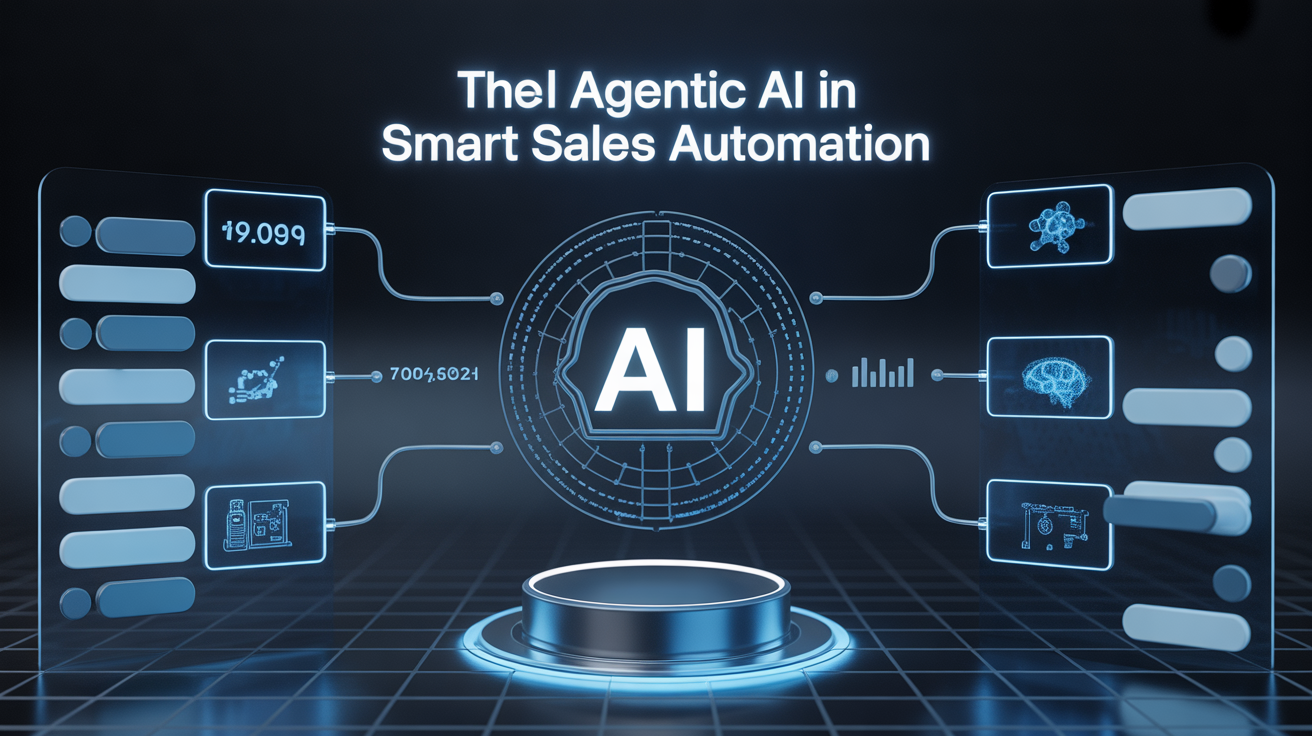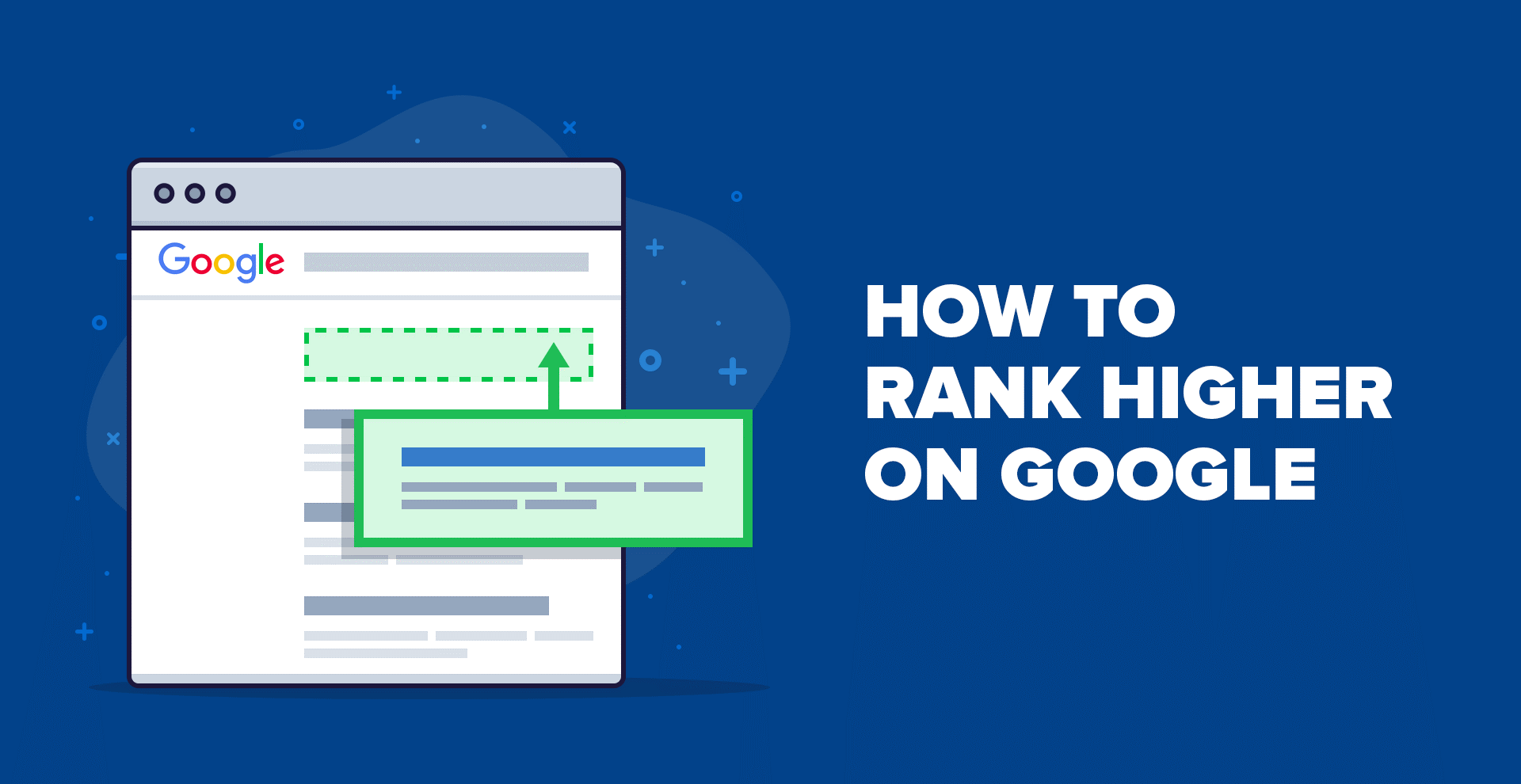
Legal research can be time-consuming and challenging. This article aims to show you how using advanced AI tools can transform your legal research process, making it faster and more accurate.
By integrating these tools, you can automate repetitive tasks, access vast databases, and improve search accuracy.
This means you can focus more on strategic work and provide better service to our clients. Embracing these tools will not only make your jobs easier but also enhance the quality of your work.
Let’s explore how AI software for lawyers can revolutionize your legal research and help you stay ahead in the field.
What is AI Legal Research Software?
AI legal research software uses advanced technology to assist lawyers in finding and analyzing legal information.
These tools can process vast amounts of data quickly, providing relevant results and insights. They help streamline the research process, making it more efficient and comprehensive.
By using AI, you can uncover patterns and connections that might be missed during manual research.
Improving Legal Research Using AI Tools
AI tools transform legal research by making it faster and more accurate. These tools streamline workflows, allowing legal professionals to focus on strategic aspects of their practice and deliver better service to their clients.
Automate Repetitive Tasks
AI can handle repetitive tasks like sorting through documents or data entry, freeing up time for more important work.
By automating these tasks, AI helps increase productivity and allows you to focus on more strategic aspects of your job.
This means less time spent on mundane activities and more time dedicated to client needs and case strategies.
Access Comprehensive Databases
These tools provide zero trust access to extensive legal databases, ensuring you have all the information you need at your fingertips.
This access means you can conduct thorough research without missing crucial information, enhancing the quality of your legal work. Having a wealth of data readily available improves decision-making and case preparation.
Improve Search Accuracy
AI improves search accuracy by understanding the context and nuances of legal terms, making your research more precise.
This precision reduces the time spent on sifting through irrelevant results, allowing you to find what you need more quickly.
Accurate searches help you build stronger cases by ensuring you have all pertinent information.
Leverage Natural Language Processing (NLP)
NLP helps AI understand and generate human language, making searches smoother and more intuitive.
This feature allows you to use natural language queries, simplifying the search process and improving the relevance of search results.
With NLP, you can enter queries in everyday language and still get accurate, relevant results.
Analyze and Summarize Legal Documents
AI can quickly analyze and summarize large volumes of legal documents, saving time and ensuring you capture all the key points.
This capability is especially useful when dealing with extensive case files or lengthy legal texts, providing concise summaries that highlight the most important information.
Summaries help you grasp the essentials without wading through pages of text.
Enhance Predictive Analysis
With AI, you can leverage predictive analysis to foresee legal trends and outcomes, helping you make better-informed decisions.
Predictive analysis can guide your legal strategy by offering insights into potential case outcomes based on historical data and trends.
This foresight can be invaluable in developing case strategies and advising clients.
Ensure Compliance and Risk Management
AI tools help ensure compliance with legal standards and manage risk by keeping you updated on the latest laws and regulations.
They can monitor changes in legislation and alert you to any compliance issues, helping you avoid legal pitfalls and stay ahead of regulatory requirements.
Staying compliant reduces the risk of legal complications and penalties.
Customize Legal Research
You can customize AI tools to fit your specific research needs, making them more effective for your particular area of practice.
Customizable features allow you to tailor the tool's functionality to suit your workflow, enhancing overall efficiency and effectiveness.
This adaptability ensures that AI tools meet the unique demands of your practice.
Integrate AI with Existing Systems
Integrating AI with your existing systems can streamline your workflow and make the research process more efficient.
This integration ensures that AI tools complement your current processes, providing seamless and enhanced functionality.
A smooth integration means you can benefit from AI without overhauling your existing setup.
Are There Any Limitations to AI Tools for Legal Research?
While AI tools offer many benefits, they still have limitations. These tools might not fully grasp complex legal nuances, and human oversight is necessary to ensure accuracy and address ethical considerations.
It's essential to use AI as a complement to human expertise, ensuring that final decisions and interpretations are made by qualified professionals.
- Complex Legal Nuances: AI may struggle to understand intricate legal contexts.
- Human Oversight Required: Professionals must review AI outputs for accuracy and ethical considerations.
- Complement to Expertise: AI should support, not replace, human decision-making.
- Ensuring Quality: The best results come from combining AI efficiency with human insight.
Final Thoughts
Incorporating AI into legal research can significantly improve efficiency and accuracy. By automating repetitive tasks, accessing comprehensive databases, and leveraging advanced features like NLP, AI tools can make legal research more effective and less time-consuming.
Embrace these tools to enhance your practice and stay ahead in the legal field, making your work easier and more productive while maintaining high standards of precision and reliability.
By adopting these tools, you can offer better service to your clients, stay competitive, and focus on what truly matters—providing excellent legal counsel.



